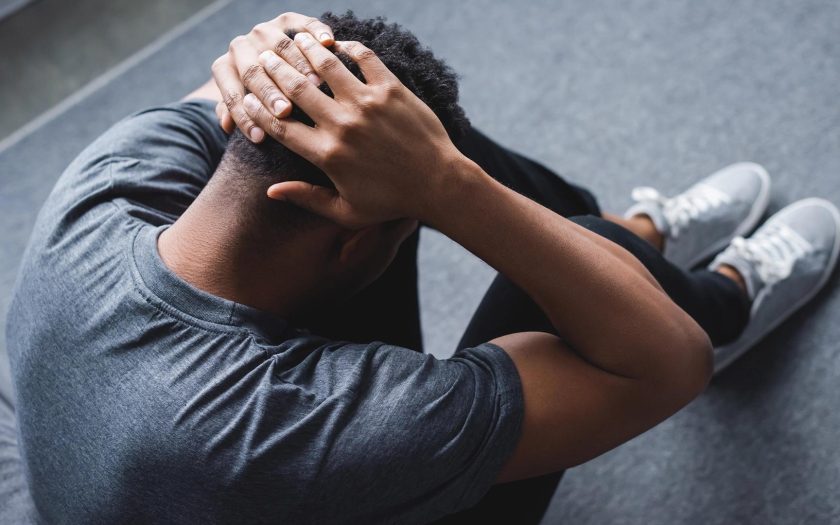Seasonal changes.
In winter, when the weather becomes unstable, sudden changes in temperature or atmospheric pressure can trigger physical reactions in the body, which may lead to panic. Additionally, seasonal changes can disrupt the usual rhythm of life: people often move less in the cold, which can affect their nervous system. To reduce the risk of developing panic attacks, it is important to maintain a healthy lifestyle: engage in regular physical activity, follow a stable sleep schedule, eat properly and use relaxation techniques such as breathing exercises.
Many holidays.
Very often, the festive period is accompanied by increased stress due to social expectations, financial costs or the need to complete many tasks, which can cause anxiety. People can feel pressured to get everything done, to organize perfect holidays or prepare gifts, which increases stress levels. In addition, not everyone is able to celebrate the holidays with their families, which can lead to feelings of loneliness. As a result, anxiety may develop, leading to panic attacks. Furthermore, holiday periods can disrupt regular sleep and eating patterns, which affects emotional well-being and makes a person more vulnerable to stress. Therefore, if possible, be more relaxed and take your time during the holiday season and remember that you don’t have to complete all your business by the end of the year and celebrate the holidays in loud and large companies.
Overeating.
Eating too much can cause physical discomfort — such as heaviness in the stomach, bloating, or pain — which can feel very similar to a panic attack. This can trigger a panic episode, especially in those who are prone to anxiety disorders. Moreover, feelings of guilt or stress from overeating can further increase anxiety and trigger a panic attack. Therefore, even in winter, it’s important to stick to a balanced diet and choose foods that nourish your body without causing unpleasant symptoms.
Overloading.
In the cold season, people often increase their physical activity, trying to maintain their fitness or quickly achieve certain results. This can lead to exhaustion, as winter weather requires extra effort for outdoor activities (such as walking in the cold or shoveling snow). Physical or emotional overload increases stress levels, which in turn can trigger anxiety. Moreover, insufficient rest and interrupted sleep due to stress or physical activity can make a person more vulnerable to panic attacks. In winter, it’s better not to overload the body but to engage in moderate activity and choose exercises that focus on stretching muscles.
Frequent colds.
Cold symptoms, such as fever, weakness, and pain, can create feelings of vulnerability, which increase anxiety levels. Frequent illnesses also disrupt sleep patterns, adding stress and making a person more prone to panic attacks. Additionally, when a person frequently takes sick leave, it can lead to feelings of helplessness, which can also increase anxiety levels. Therefore, during the winter months, try to protect your body from infections by taking vitamins and eating more seasonal fruits. Also, dress according to the weather to avoid getting too cold or overheating your body. This will help prevent sudden temperature changes, which are often a cause of developing cold-related illnesses.
For better well-being, try to avoid the causes mentioned above and pay more attention to your mental health. However, if you feel that you cannot manage your condition on your own seek help from a specialist who can prescribe the appropriate treatment (such as Clofranil, Prozac, Pexep CR).

